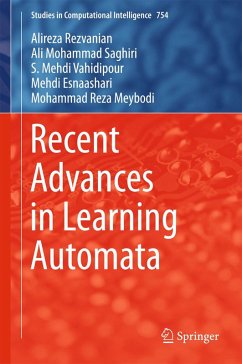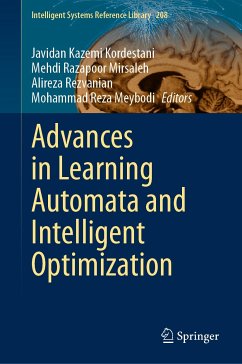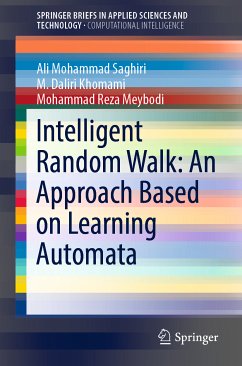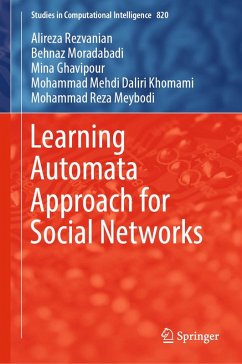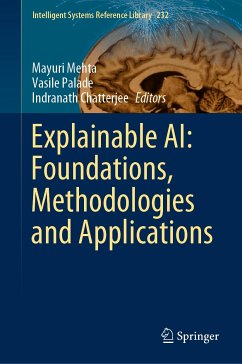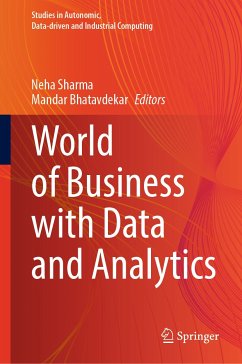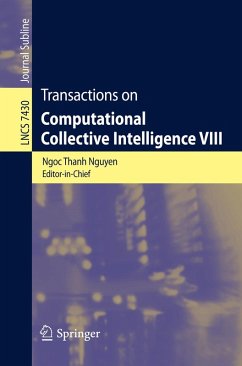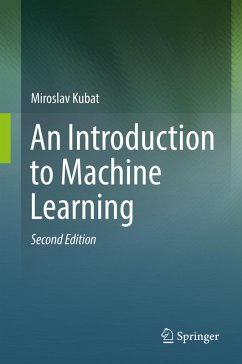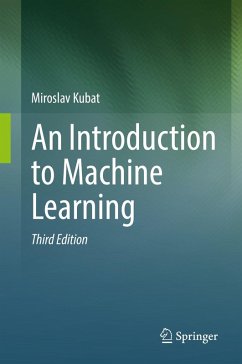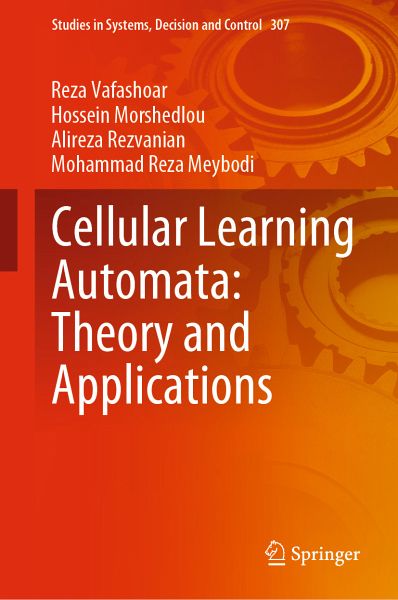
Cellular Learning Automata: Theory and Applications (eBook, PDF)
Versandkostenfrei!
Sofort per Download lieferbar
112,95 €
inkl. MwSt.
Weitere Ausgaben:

PAYBACK Punkte
56 °P sammeln!
This book highlights both theoretical and applied advances in cellular learning automata (CLA), a type of hybrid computational model that has been successfully employed in various areas to solve complex problems and to model, learn, or simulate complicated patterns of behavior. Owing to CLA's parallel and learning abilities, it has proven to be quite effective in uncertain, time-varying, decentralized, and distributed environments. The book begins with a brief introduction to various CLA models, before focusing on recently developed CLA variants. In turn, the research areas related to CLA are...
This book highlights both theoretical and applied advances in cellular learning automata (CLA), a type of hybrid computational model that has been successfully employed in various areas to solve complex problems and to model, learn, or simulate complicated patterns of behavior. Owing to CLA's parallel and learning abilities, it has proven to be quite effective in uncertain, time-varying, decentralized, and distributed environments.
The book begins with a brief introduction to various CLA models, before focusing on recently developed CLA variants. In turn, the research areas related to CLA are addressed as bibliometric network analysis perspectives. The next part of the book presents CLA-based solutions to several computer science problems in e.g. static optimization, dynamic optimization, wireless networks, mesh networks, and cloud computing. Given its scope, the book is well suited for all researchers in the fields of artificial intelligence and reinforcement learning.
Dieser Download kann aus rechtlichen Gründen nur mit Rechnungsadresse in A, B, BG, CY, CZ, D, DK, EW, E, FIN, F, GR, HR, H, IRL, I, LT, L, LR, M, NL, PL, P, R, S, SLO, SK ausgeliefert werden.



